This will be the next elections in Venezuela 2:42
(CNN Spanish) -
A year after the legislative elections in Venezuela, marked by abstentionism and the opposition's call for a boycott due to what they called a fraudulent process, the country returns to the polls for the regional elections.
The Venezuelan opposition arrives at the meeting highly divided.
On November 21, 23 governorships, 335 mayors, as well as municipal councils and positions in the National Assembly are at stake.
There are about 3,000 positions that are at stake and the opposition arrived fragmented.
What's at stake in this Sunday's elections in Venezuela?
This is what you need to know
"There is a dispersion of the opposition votes. Here we must unify the opposition vote," acknowledged opposition leader Henrique Capriles at a press conference in October, at the beginning of the electoral campaign that began on October 18 and will run until November 18th.
This will be the next elections in Venezuela 2:42
And about this division, the former Venezuelan minister and journalist Moisés Naim told CNN that this opposition is made up of a group of people "who have been very wrong, who are fragmented" and where "personal appetites are the order of the day." .
"It must be recognized that it is an opposition that has shown signs of myopia, where its leaders have had much more vocation to satisfy their appetites and political ambitions, than to seek the unity that is so much needed."
Why is the opposition divided in Venezuela?
"The opposition is divided because for 4 years there have been serious differences over the strategy to promote a political regime change in Venezuela," John Magdaleno, a Venezuelan political analyst, director of the Polity consultancy, told CNN.
advertising
According to him, the opposition is going through a time when it is not capable of creating "a unitary platform with rules of the game accepted by the majority of the opposing factors."
In addition, the lack of primary elections - to choose candidates who can unite the votes - is an important factor, Magdaleno said.
So although this month of the campaign there were opposition candidates who tried to make alliances, in several states where the opposition could win if they had a single candidate, there were two or more candidates in the same contest.
"There was no time to organize primaries because there was no clarity on the strategy, nor time to convince the population," Guillermo Zubillaga, senior director of public policy and corporate relations programs at the Council of Americas, told CNN.
Magdaleno says that had he worked on a joint strategy for the primaries, the opposition would have come stronger.
In these elections it is necessary to highlight the lack of an opposition campaign command, they have neither a common slogan nor a general spokesperson, which has made the campaign very dispersed.
"A few rules of the game that regulated the primaries and a compromise between the candidates was enough for the campaigns (facing the primaries) to pass constructively," said the analyst.
Some opposition leaders face
The country that the country is going through due to water shortages, power failures, hyperinflation, lack of vaccines in the midst of the covid-19 pandemic, which the opposition blames the Maduro government, but which the questioned president has said is sabotage.
"They are used to playing dirty and betting tickets to play dirty and damage and then they sabotage the service and the next day they appear in the campaign," said Maduro.
But despite these problems, which would be enough to give a momentum to a united opposition, there are many internal disagreements.
It is hard to be an opposition in Venezuela, explains former minister 1:38
And that lack of unity is seen in the main opposition leaders.
On the one hand, there is Henrique Capriles, who is promoting these elections, inviting Venezuelans to vote, because, he says, it is the Venezuelan people who have to give legitimacy to the government.
"It is going to be much simpler, less complex, to advance in the objective that this country has a complete change, to the extent that we have voices, legitimizing those voices," Capriles said last October.
Venezuela's opposition leader Henrique Capriles speaks at a press conference in Caracas on October 20, 2021. (Credit: FEDERICO PARRA / AFP via Getty Images)
Capriles recognizes that dispersion of the opposition in Venezuela, which is aggravated by the crisis.
"Our mistakes have also made them fall apart, and the economic crisis has also taken a toll on people in terms of leaving, looking for opportunities, leaving this job," he said.
"It is not easy, but hey, you have to rebuild the opposition, you have to strengthen it."
"I think that the dispersion of the vote today is being deadly for those of us who want the country to change," he added.
"We cannot not unify our forces. It has no explanation. That is why I say: my interest cannot be above the interest of the country."
But on the other side of the opposition is Juan Guaidó, head of the opposition National Assembly, who decided not to call for participation, although neither to abstain.
"It is not a matter of supporting yes or no ... what we all want is for the election to be free and fair," Guaidó told reporters in Caracas, also in October.
Negotiation in Mexico
Although the opposition - in general - agrees with the negotiation process between the government and the opposition that is taking place with certain setbacks in Mexico, the actors face when it comes to seeking consensus on the strategy they must execute to achieve changes in the economy. country, Michael McCarthy, president of the Caracas Wire organization and professor at George Washington University, told CNN.
"Right now the divisions are very visible because the established actors did not agree on an electoral strategy of participating or not participating in the process of regional elections on November 21, while the new actors are trying to take center stage in the electoral event, thus generating clashes over who has control of the agenda, "said McCarthy.
And McCarthy warns: "The big winner in all of this is Nicolás Maduro, who has used different tools to divide the opposition since he came to power."
Borges criticizes Guaidó
On September 27 and within the framework of the dialogue in Mexico, the coordinator of Primero Justicia, Julio Borges, criticized in a statement the management of Juan Guaidó and his team when managing Venezuelan assets abroad.
In this document, Borges, the Guaidó team's presidential commissioner for foreign relations of Venezuela, said that from the beginning of the interim presidency they made proposals "that were not taken into consideration" for which they have expressed their disagreements "with the way of management. of the management of the country's assets and companies ".
Given this, Leopoldo López, another visible face of the opposition, said that he does not know what Borges' motivations are, and that the attitude as he has been acting is "suspicious".
"That decision to have released that statement attacking Guaidó at the time they do it, I do not understand it," Leopoldo López told Fernando del Rincón in Conclusions.
"And I think that Julio and his party have to give an explanation to Venezuelans. But I think that entering into a discussion of 'tell and tell', get us a statement and enter into that fight between each other is not going to lead us to Nowhere".
López blamed the government of President Nicolás Maduro for wanting to divide the opposition and acknowledged that the main enemy of this faction is division.
"How do we propose the union? That is the discussion we have to give," López asked.
"Is the union that we have at this time enough? Is it the ideal one to give this fight? I think it needs to be reviewed. I think we have to seek to incorporate people who are not there today, in a unitary space that we are not all in. together".
López said that "there have been attempts to be unified all, but it has not been possible" and added that "the alternative at this moment is to see how we exist, how we stay organized."
The elections of 21N
For the first time in 15 years, the elections in Venezuela will have international observers such as the European Union, a panel of experts from the United Nations and the Carter Center, from the United States, but there is still a lot of mistrust in the elections.
But despite the fact that these groups came to Venezuela to observe the elections, for many they are not enough.
"The decision of the European Union to send an observation mission was late and isolated from the rest of the international community, for which it did not have a significant impact in convincing other opposition leaders to participate," said Zubillaga, of the Council of Americas.
Venezuela suspends dialogue with opposition for extradition of Saab 0:41
The divisions in the opposition and the distrust in the CNE will affect the participation that according to the Delfos pollster could be between 40 and 45%.
And a possible high abstention in an election that for many have no guarantees could be another definitive role in the victory of one or the other party.
"If we see a large mass abstention on Sunday, it will be a clear message that more guarantees are needed to achieve an electoral solution that is recognized by Venezuelans and the international community," Magdaleno said.
But although Leopoldo López agrees with Guaidó that these elections are not "an event that the dictatorship has called in which there are no conditions," he says, on the other hand, that it is the perfect opportunity to recover the political struggle in the streets. .
"It is the opportunity to go out into the streets, to pass a message and to be able to make this process a mobilization process," López said.
- With information from Fernando del Rincón, Camilo Egaña and Carolina Melo from CNN en Español.
Elections in Venezuela

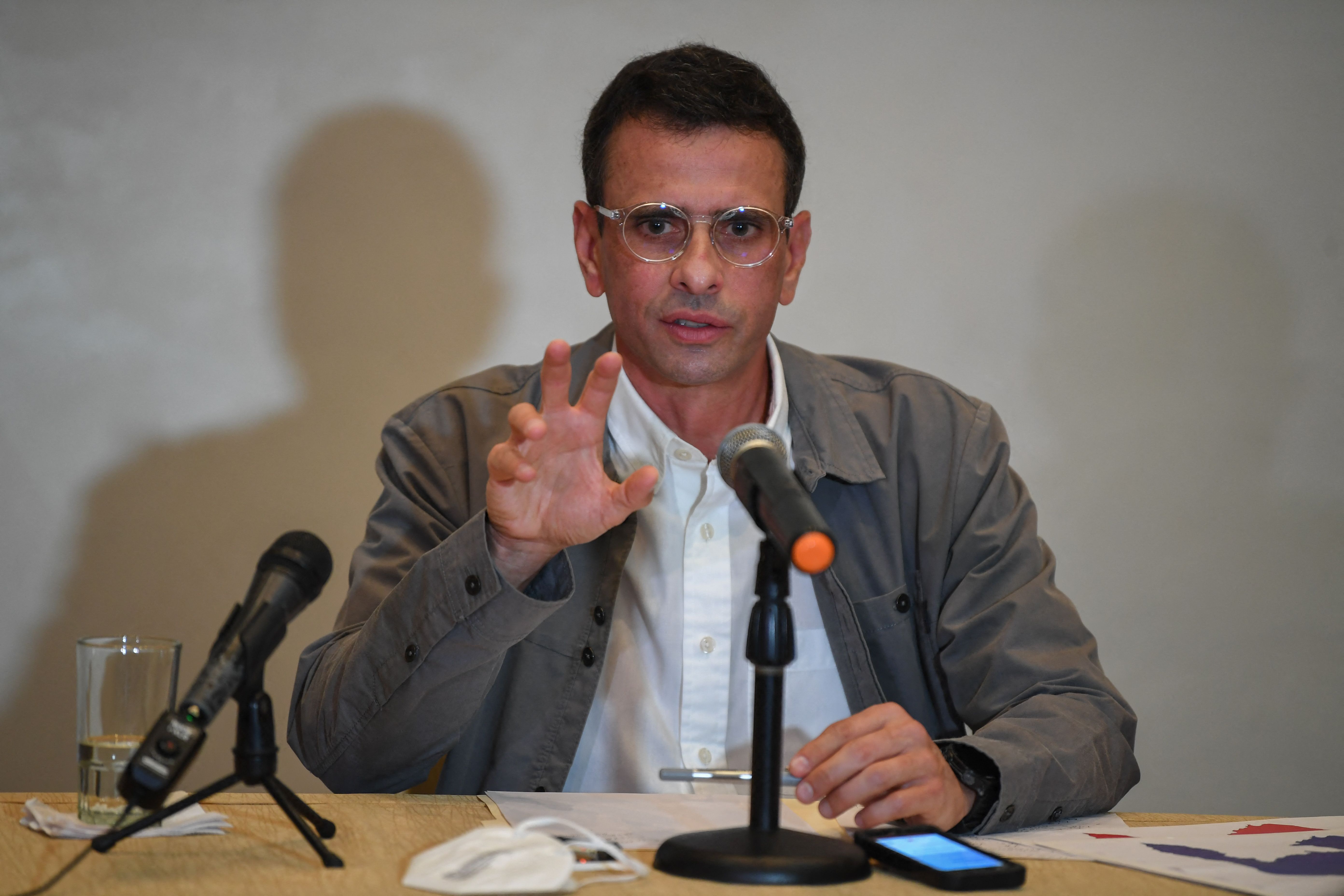

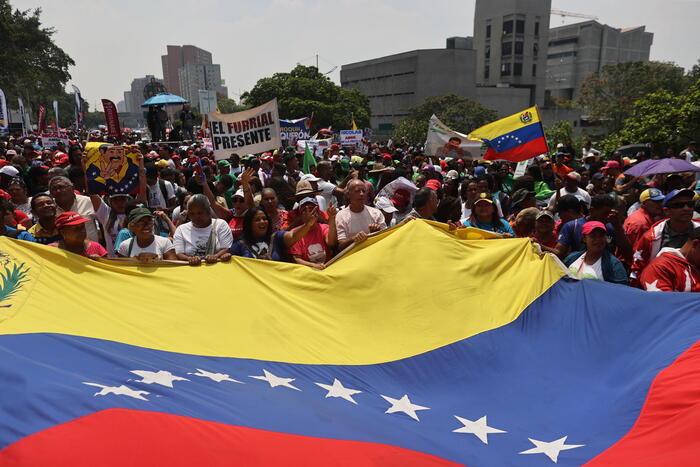
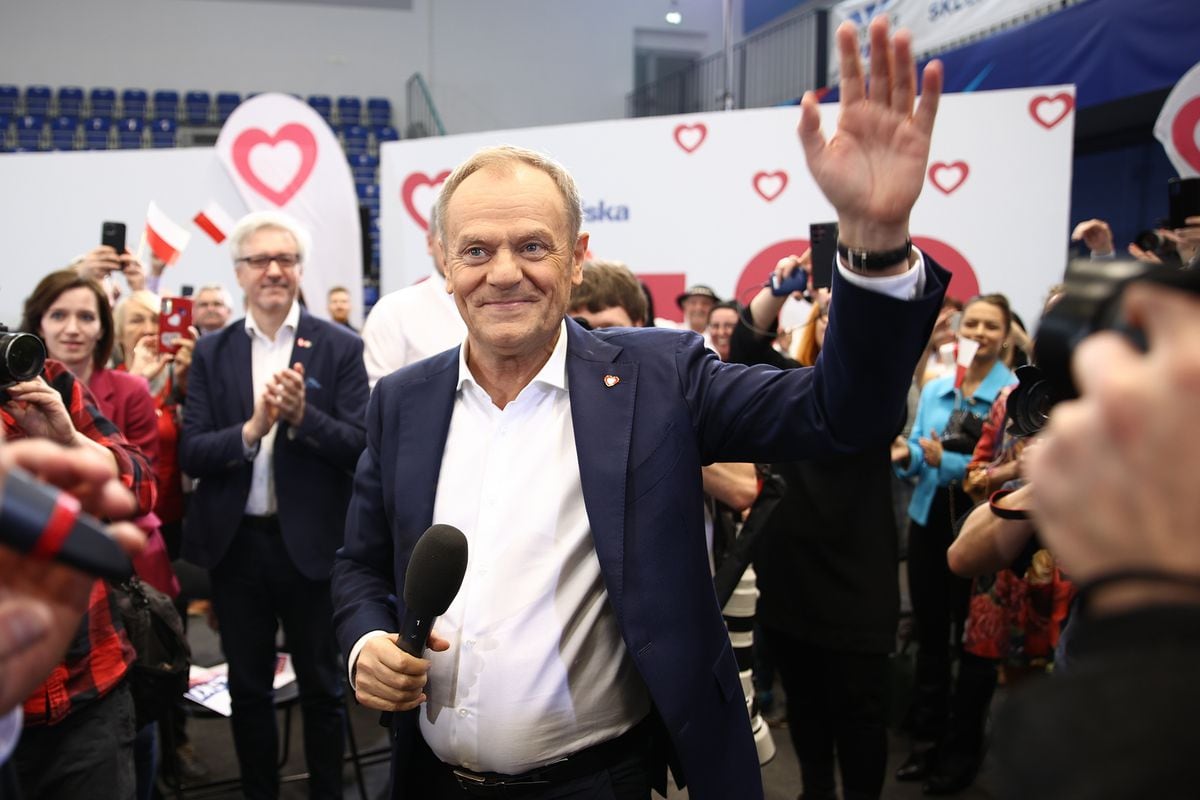
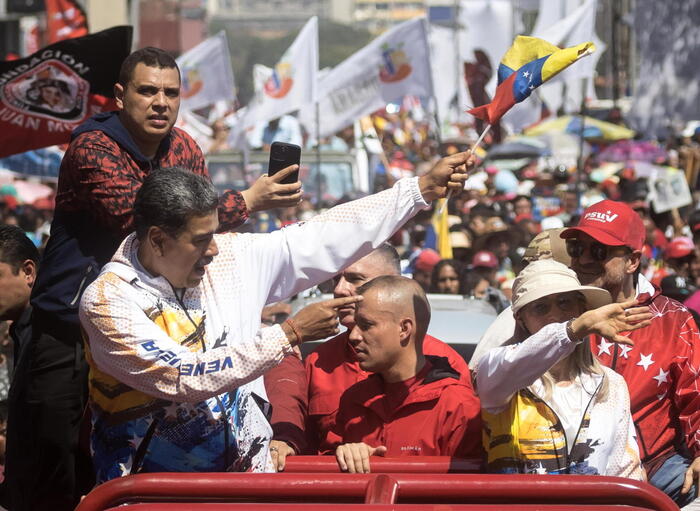
/cloudfront-eu-central-1.images.arcpublishing.com/prisa/66E5ZJUDZGT5AWIW7USKEZRE4A.jpg)
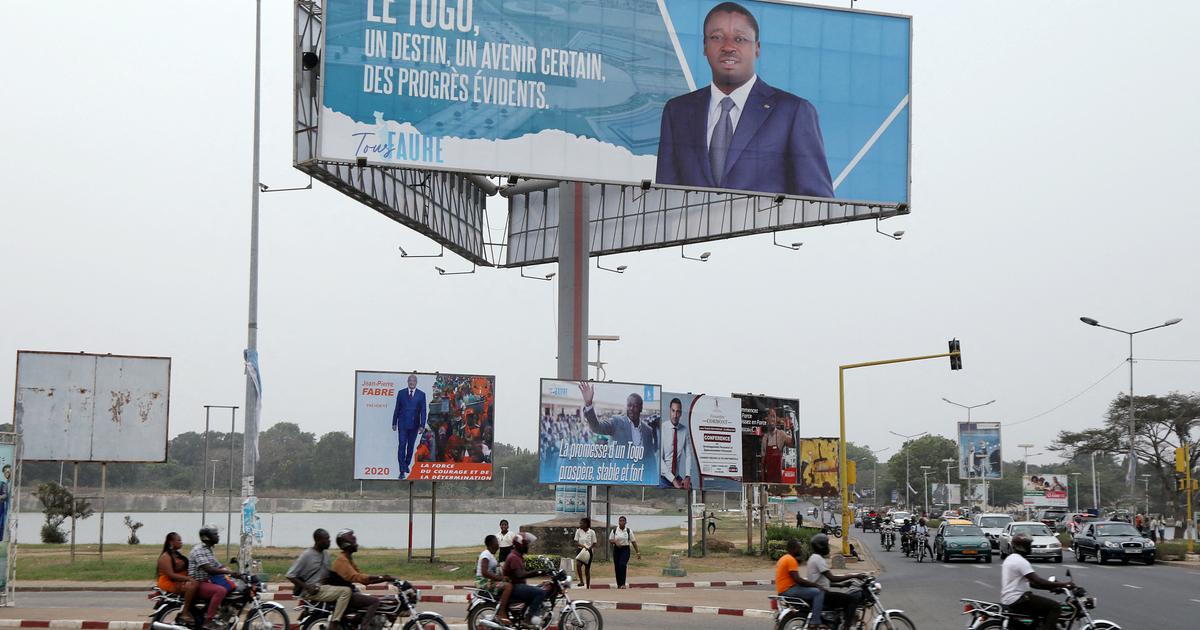

/cloudfront-eu-central-1.images.arcpublishing.com/prisa/PDNRVQWQF4SRLL7WVK5QDINU4U.jpg)